The Importance of Securing Your Digital Accounts
In today's digital age, where almost every aspect of our lives is intertwined with the internet, safeguarding our digital accounts has become paramount. With the increasing number of online platforms and services we use, it's easy to find ourselves overwhelmed with passwords to remember. Many people resort to using weak passwords or reusing them across multiple accounts, putting their sensitive information at risk. However, there is a simple and effective solution to help you keep your passwords secure: a password book.
Keeping track of numerous passwords can be a challenging task. It's not uncommon for people to forget or misplace their login credentials, leading to frustration and potential security breaches. This is where a password book comes in handy. A password book is a physical notebook or journal designed specifically to help you organize and securely store your passwords. By centralizing your passwords in one place, you can have easy access to them while ensuring their confidentiality.
Why Choose a Password Book over Digital Alternatives?
You might be wondering why you should opt for a physical password book instead of relying on digital alternatives such as password managers or online storage solutions. While password managers offer convenience, they also come with potential vulnerabilities. Hackers can breach online databases, leaving your passwords exposed to theft. Additionally, if you forget the master password to your password manager, you may lose access to all your stored passwords. On the other hand, a password book provides you with complete control over your sensitive information, reducing the risk of hacking and allowing you to access your passwords even without an internet connection.
Organize Your Passwords Effectively
One of the primary advantages of using a password book is its ability to help you organize your passwords effectively. Instead of relying on memory or scattered sticky notes, a password book offers a structured system for storing and retrieving your login credentials. You can categorize your passwords based on websites, applications, or any other relevant criteria, making it easier to find the specific password you need at any given time.
Keep Your Passwords Secure
Security is the cornerstone of any password management system. With a password book, you can take certain measures to enhance the security of your passwords. Here are some tips to ensure your password book remains secure:
- Choose a Strong Password Book: Invest in a high-quality, well-constructed password book with a lock or encryption feature to protect your entries from prying eyes.
- Create Complex Passwords: While it's tempting to use simple and easy-to-remember passwords, they pose a significant security risk. Instead, opt for complex passwords comprising a combination of uppercase and lowercase letters, numbers, and symbols.
- Keep Your Password Book Safe: Treat your password book as you would any other valuable possession. Store it in a secure location, such as a locked drawer or a safe, to prevent unauthorized access.
Easy Access to Your Passwords
Imagine the frustration of being locked out of an important online account because you can't remember the password. With a password book, you can quickly retrieve your login credentials and regain access to your accounts. Whether you're logging into your email, social media platforms, or online banking, having your passwords readily available in a password book eliminates the stress and time wasted on password recovery procedures.
FAQs about Safeguarding Your Digital Life with a Password Book
- How do I choose a secure password for my password book?
To choose a secure password for your password book, ensure it meets the following criteria:
- It should be unique and unrelated to any personal information.
- It should be at least 12 characters long.
- It should include a mix of uppercase and lowercase letters, numbers, and symbols.
- Can I share my password book with someone else?
Sharing your password book with someone else is not recommended. Your password book contains sensitive information, and sharing it increases the risk of unauthorized access to your accounts. Instead, encourage your family members or loved ones to maintain their password books for their own security.
- How often should I update my password book?
It's a good practice to update your password book whenever you create a new account or change a password. Regularly reviewing and updating your password book ensures that your records remain accurate and up to date.
- What should I do if I lose my password book?
If you lose your password book, it's crucial to take immediate action. Change the passwords for all your accounts as soon as possible to prevent unauthorized access. Additionally, consider informing the relevant service providers about the situation to implement additional security measures.
- Are there any alternatives to a physical password book?
If you prefer not to use a physical password book, you can explore digital alternatives such as password managers or encrypted note-taking applications. However, remember that these options come with their own set of risks and vulnerabilities.
- Can I use a password book alongside a password manager?
Yes, you can use a password book alongside a password manager if you prefer a hybrid approach. In this case, you can store your most critical passwords in the password book for easy access and use a password manager for less frequently used accounts.
Conclusion
In a world where digital security is of utmost importance, safeguarding your digital life with a password book is a practical and effective solution. By organizing and centralizing your passwords in one secure location, you can mitigate the risk of security breaches while ensuring easy access to your accounts. Remember to choose a strong password book, keep it safe, and regularly update it to maintain optimal security. Embrace the power of a password book and take control of your digital life.








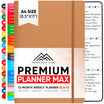

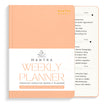




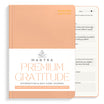
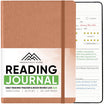
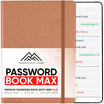
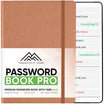



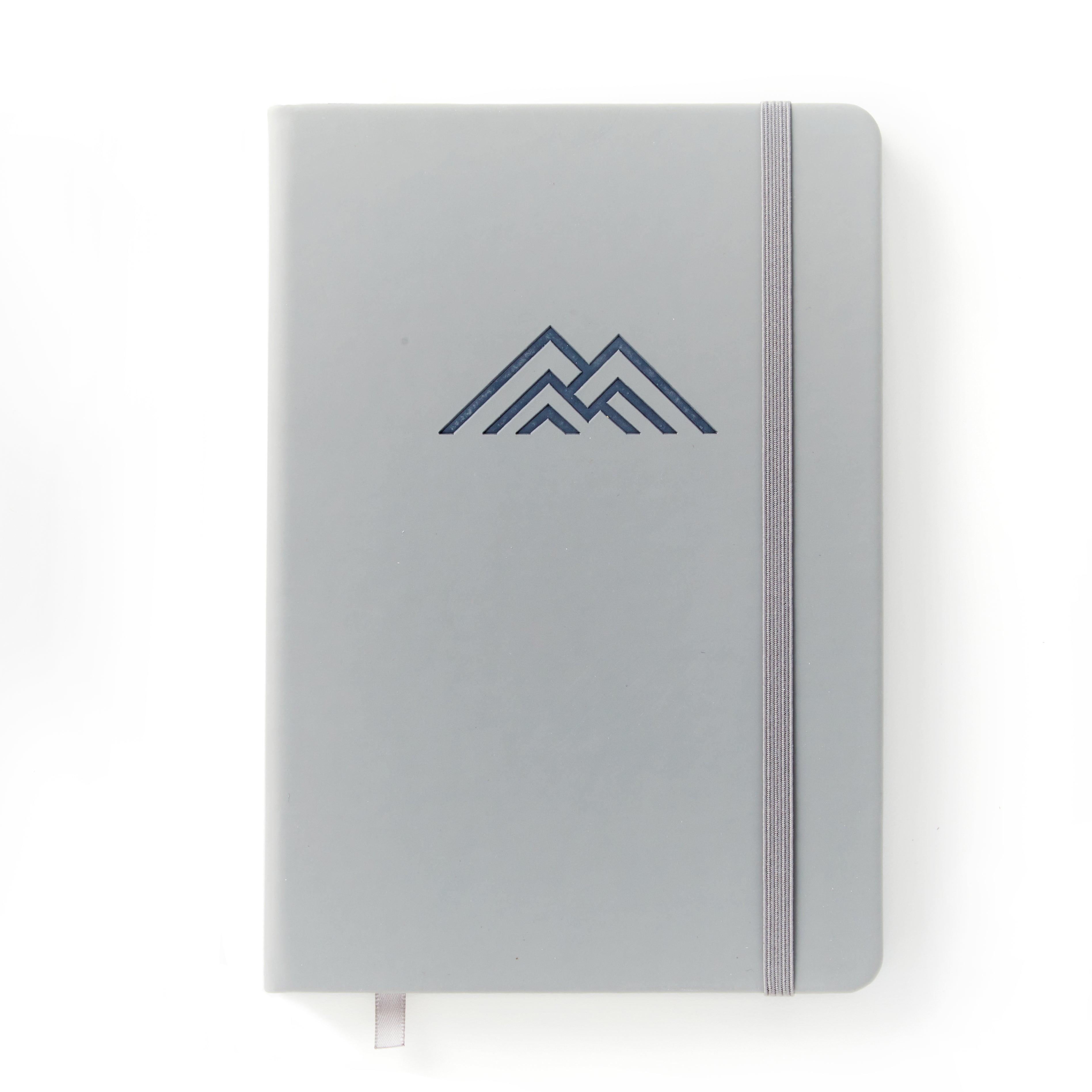
Leave a comment
All comments are moderated before being published.
This site is protected by hCaptcha and the hCaptcha Privacy Policy and Terms of Service apply.